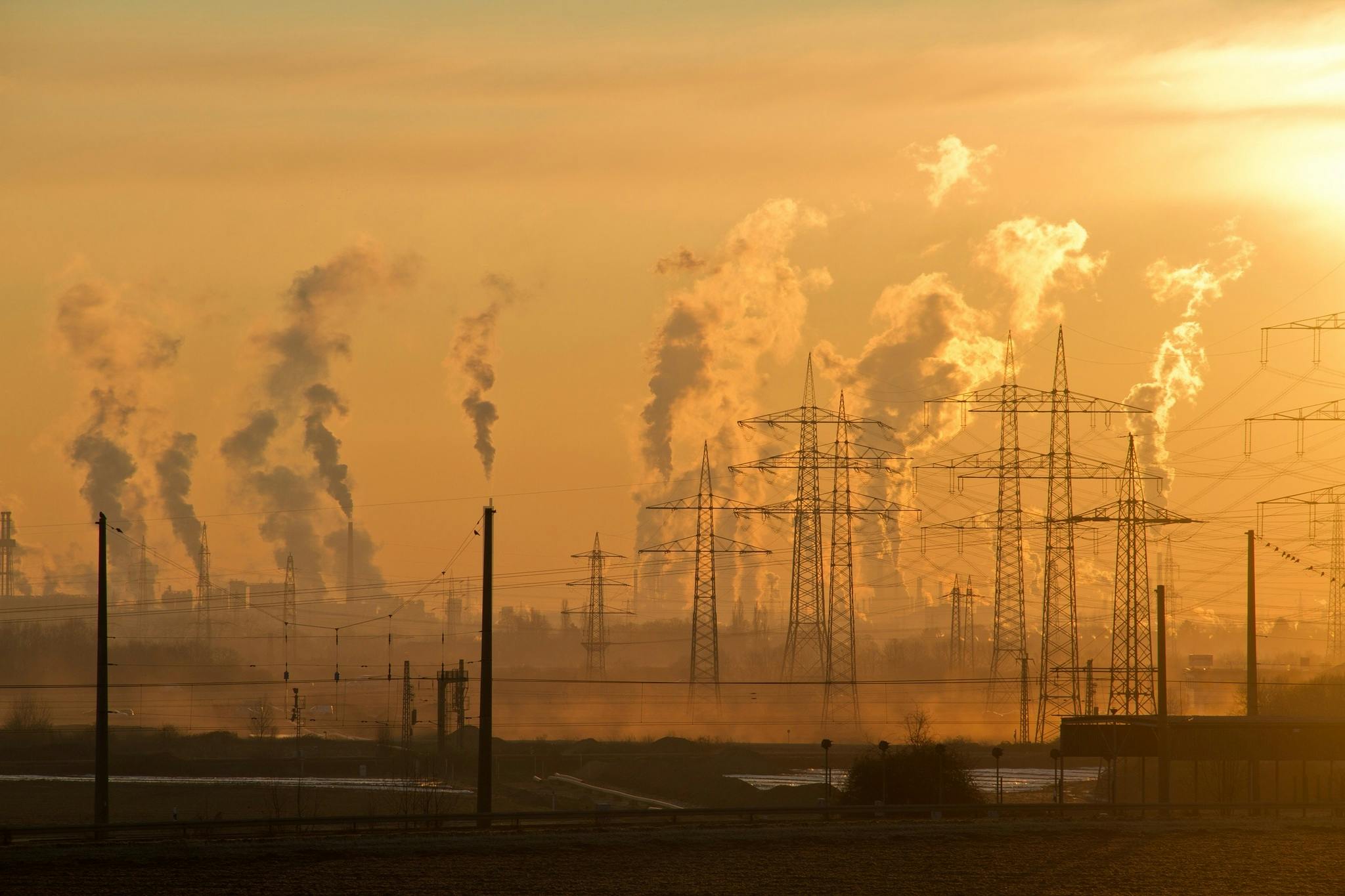
Towards a Geopolitical Green Deal

In
- Energy and climate,
- EU and strategic partners,
- EU economic affairs,
- EU strategy and foreign policy,
- Europe in the World,
With an agreement within the Council and the European Parliament’s Legal Affairs Committee, the Corporate Sustainability Due Diligence Directive (CSDDD) is just one plenary vote away from adoption by the European Parliament.
*****
Towards a Geopolitical Green Deal
With an agreement within the Council and the European Parliament’s Legal Affairs Committee, the Corporate Sustainability Due Diligence Directive (CSDDD) is just one plenary vote away from adoption by the European Parliament. This Directive aims not only to hold companies accountable for social abuses, but also focuses on environmental and climate damage resulting from their production process. Large companies will henceforth be held liable for the malpractices of all their suppliers, regardless of whether they are on the other side of the world or not.
This CSDDD will thus play a vital role within the Green Deal. Initially, the Green Deal was posited to make Europe the first climate-neutral continent by 2050. However, anyone who looks closely at Europe’s climate ambitions will see that they do not stop at the continent’s borders. Just as global warming makes no distinction between European or Asian emissions, a successful climate policy cannot limit itself to reducing emissions within its borders: a global problem requires a global approach.
Thus, climate targets have already become an important part of European free trade agreements. The most recently concluded FTA with New Zealand went as far as to establish a sanction mechanism for violations of the Paris Agreement. In turn, the EU-Mercosur free trade agreement was run aground by French opposition to a perceived lack of reciprocity in climate and environmental objectives.
While agreements on what to do to combat climate change are easily reached at climate conferences, reaching consensus on how these targets will be achieved remains a lot more difficult. The latest attempt to bring the issue to the World Trade Organisation (WTO) was also unsuccessful, with India blocking the issue there.
Fearing that Europe’s stringent climate policy would affect its own competitiveness, the EU introduced a carbon border levy. By making carbon-intensive imports subject to the tax, unfair competition will be prevented, at least in theory. This measure already set off bad blood in the Global South, which sees in this border tax a form of stealthy green protectionism.
Fact of the matter is that the two elephants in the climate room are to be found in the East. Besides India, the People’s Republic of China remains an ambiguous player: although the PRC opens an average of two coal power plants every week, it has been able to rapidly establish itself as the global green technology producer par excellence. For instance, Xi Jinping aligned China’s growth model to the so-called “new three“: solar panels, lithium batteries and electric cars. China also maintains a dominant position in the production and export of rare earths, the essential building blocks of green technologies. While China controls more than half of the global production of these rare earths, it has a quasi-monopoly in terms of their processing. China is not shy about playing off this position geopolitically either.
This complicates a European stance towards China in the climate debate. Europe has no choice but to engage China in a global response to global warming. Demographic arguments aside, China has also made itself technologically and geographically indispensable for the much-needed green transition. On the other hand, these trends simultaneously threaten to reinforce European technological subordination – and even dependence in the long run.
These risks already provoked reaction by the West. Europe is trying to curb Chinese market dominance of electric cars and solar panels with WTO-compliant anti-dumping and anti-subsidy measures. The US, in turn, advocates an active green industrial policy, through subsidy and tariff policies put in place by the Inflation Reduction Act (IRA). That the IRA might be at variance with the rules imposed by a now impotent WTO will be of no concern to the Biden administration.
To simultaneously face climate change and the geopolitical challenges it poses, European trade restrictions, tariffs, taxes, and obligations for companies around green accounting are insufficient. A large-scale European investment programme for the energy transition, independent of the American, Manichaeist world vision, is well overdue. In times of higher interest rates, tight fiscal margins and the dire state of our defence capabilities, proposals to invest in the green transition risk fading into the background. Failure to commit to renewable technologies, however, would show the same strategic omission as years of neglecting our defence capabilities. Rather than a form of blind idealism, Keynes’ dictum in this regard is a demonstration of sober realism: anything we can do, we can afford to do. Europe holds all the cards to achieve its ambitious climate goals within its own borders, but this will require pragmatism and creativity. For instance, one could reform European budget rules in such a way that green investments will be exempt from European fiscal rules on public investments.
The main challenge is to help mobilise the rest of the world for the same cause. Consequently, European investments and subsidies in green technology and infrastructure should not stop at borders either. Besides building industrial capacities within the 27 member states, an international green investment strategy through Global Gateway should be rolled out simultaneously. Local added-value production in the Global South should be the guiding principle here. In this way, the accusation of stealth protectionism gives way to green and reciprocal partnerships.
A European, strategic green investment strategy is indispensable for Europe to make its Green Deal a success. Without such measures, the climate transition will cost us dearly in both economic and geopolitical terms.
This article was first published in Dutch in Knack.
(Photo credit: Pexels – Pixabay)